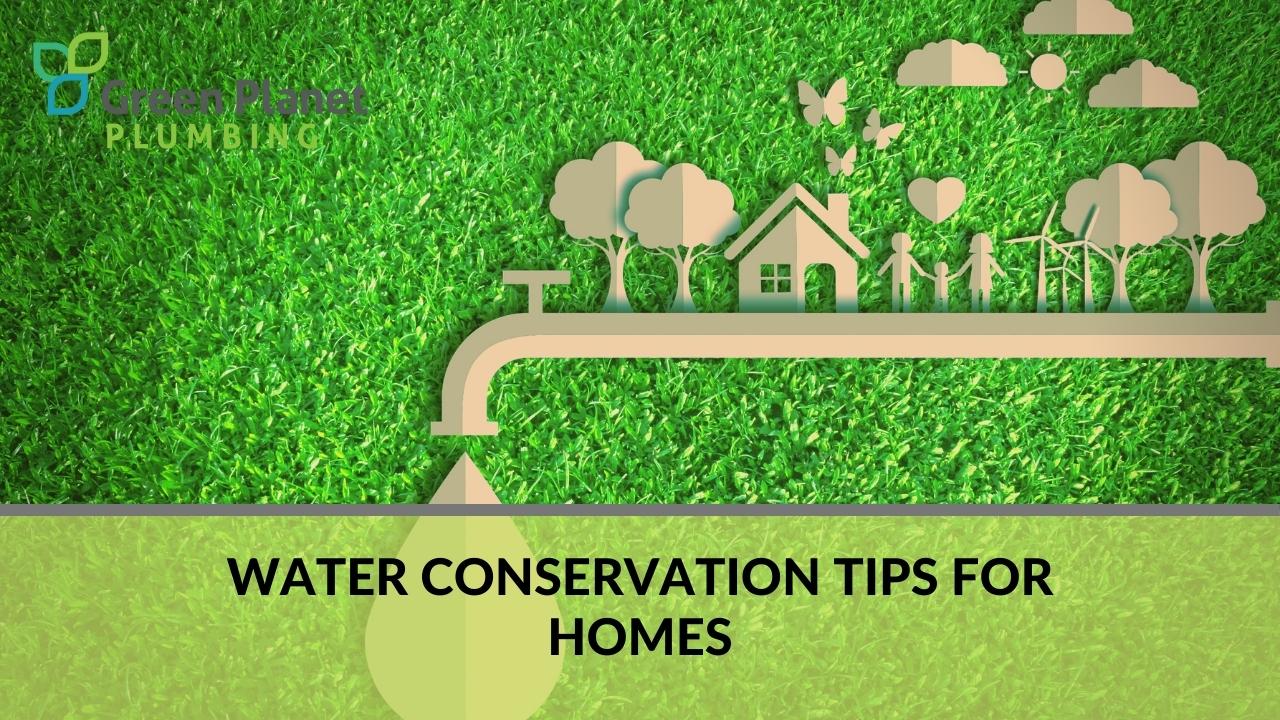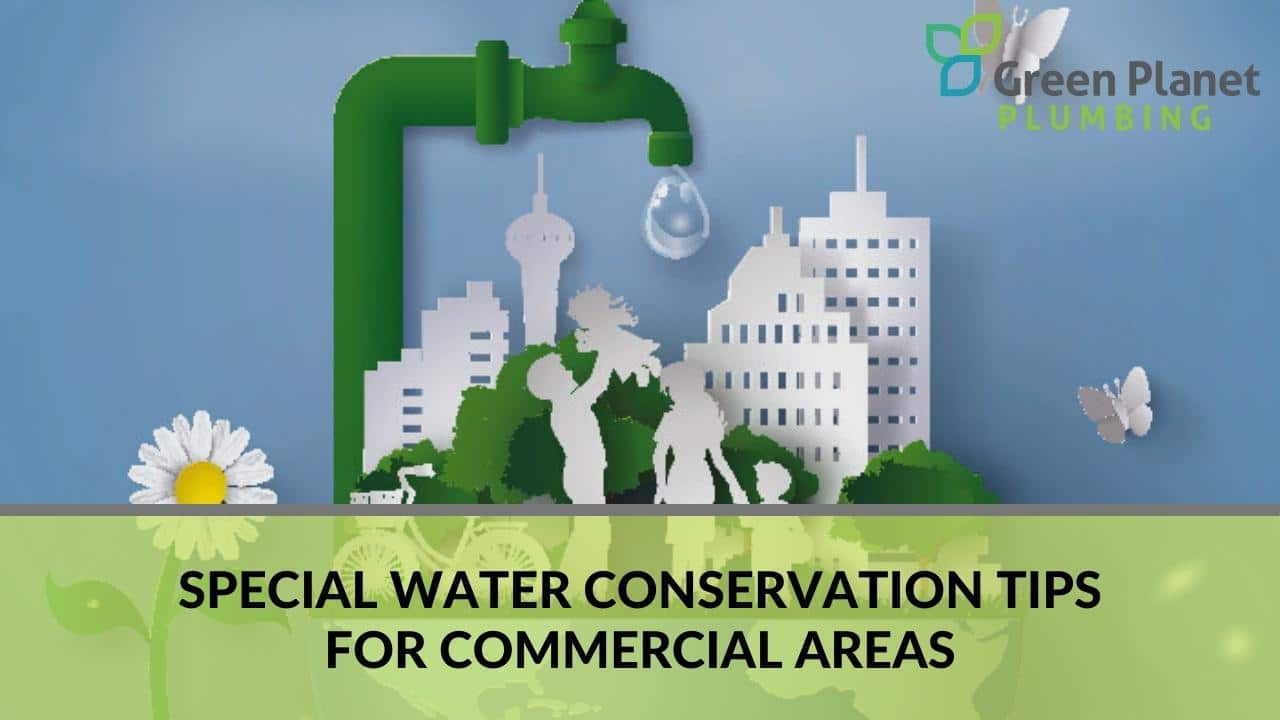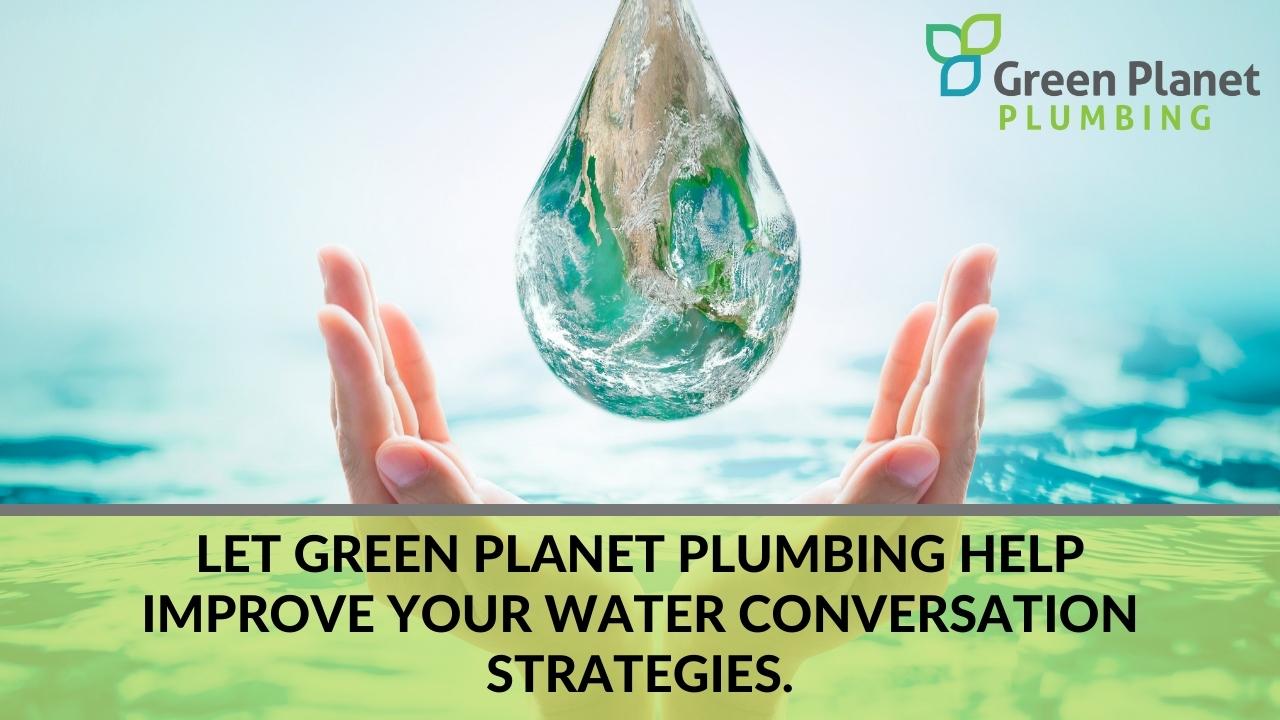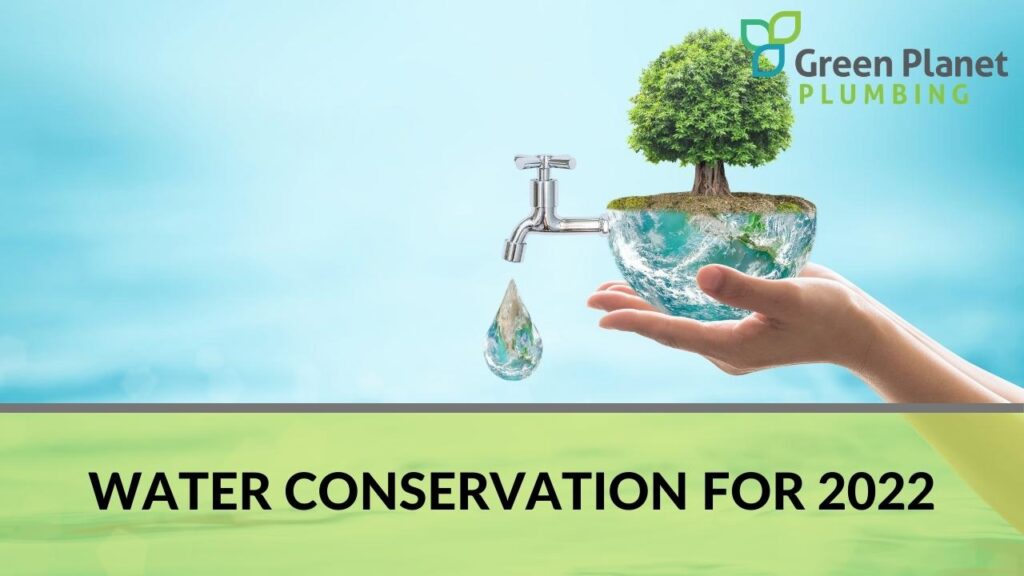Water conservation tips for residents and businesses
A global water shortage is underway, making water conservation more important than ever. As such, it pays to save on water even in the tiniest of ways. This post will discuss water-saving tips for homes and commercial areas.
Here are some tips that apply regardless of whether it’s a home, restaurant, hotel, or other commercial establishments.
1. Check for leaks.
Regularly scour the entire area for leaks. Focus on places that use water regularly, like the kitchen, laundry, bathrooms, production rooms, and more.
Unaddressed leaks lead to water damage and can cost quite a lot in water bills if left for too long. They can also worsen over time, leading to more serious leaks. As such, call a professional plumber as soon as a leak is detected.
2. Minimise wastage.
This tip is simple – don’t waste any water – little things like turning off the tap while brushing teeth or lathering hands can go a long way.
Also, water conservation goes beyond simply not wasting water. Turning off an unused light, for example, saves water. This is because things like food, electricity, paper, and toilet paper cost water to produce. Minimising water loss means conserving these items, too.
3. Automate taps.
Whether it’s a residential or commercial area, tap automation helps lessen water loss. Thanks to these devices, faucets immediately shut off when not in use. This maximises the amount of water saved and removes the risk of accidentally leaving the water running.
There are many devices for automation available on the market. Some of the more popular ones are remotely controlled faucets or proximity detecting taps.
4. Change the toilet if necessary.
Older toilet models can consume more than 10 litres of water with every flush. Therefore, bathrooms with these older models should be upgraded as soon as possible.
Newer models consume about half of what older toilets use for each flush. Also, most more recent models have two flush buttons: one for a full flush and one for a half flush. Urination only requires a half flush, so these models save water even more.
5. Always have a way of properly disposing of trash.
It’s not uncommon for people to use the toilet bowl for disposing of rubbish like toilet paper and sanitary napkins. This is an incredibly wasteful practice that everyone needs to shake off. To help reduce the temptation to flush the waste down, always have a bin right beside the toilet bowl.
This also applies outside the bathroom. Some people use the waste disposal in sinks to get rid of excess food particles. This practice both dissipates water and increases the chances of clogs. As such, they also have waste bins in the kitchen.

Water Conservation Tips for Homes
If you are bothered by your costly water bills, we recommend following these water conservation tips for the kitchen, bath, laundry, and garden:
1. Home kitchen
- Decide between dishwasher and hand wash.
Dishwashers save time, but they are not exactly the best at saving water. Only use when loaded at full or near-full capacity. If there aren’t too many dishes to wash, just hand wash them manually to conserve water.
Also, when hand washing dishes, be sure to turn the tap off when not rinsing. Hand washing is just as wasteful as a dishwasher if not done correctly.
- Don’t defrost food using water.
Exposing frozen food to running water is one of the quickest ways to thaw out the ice. However, it’s also quite wasteful, so try not to do this and defrost food by air instead. This method is slower but is a much less wasteful way of defrosting.
- Be a tad more clever with the use of kitchenware.
Kitchenware is sometimes tough to clean. Greasy pans or oily cookware, for example, take a lot of water to clean.
As such, be smart with the use of these items. Try to minimise the amount of water used for cleaning by planning kitchenware use. For example, when cooking for a single person, use a small pan because larger pans will need more water to clean properly.
- Have a reusable water bottle and be careful with water refills.
It’s wise to have a reusable water bottle for the entire day for rehydration. This saves more water than using a new drinking glass multiple times a day.
Also, be careful with water refills. Never get more than what one can consume, as this is wasteful.
2. Toilet and shower
Showers and toilets use up the most water in a home. To lessen this, take note of the following:
- Install a showerhead that saves water.
Some showerheads reduce water flow, and these are commonly available on the market. These items, known as flow restrictors, can reduce water consumption by 30%.
Think of it this way – a person can use as much as 60 litres of water while showering. A flow restrictor can save as much as 18 litres in a shower session.
- Modify the toilet’s tank.
It’s not always easy to have the toilet replaced if it’s an older model. New ones can take quite a bit of money to purchase, so it’s not always practical.
For older models with large tank sizes, there’s a neat trick to make them reduce water consumption.
All it takes is a large plastic fizzy drink bottle filled with water. Simply place this inside the toilet tank. This will prevent the tank from filling up all the way, which reduces water consumed per flush.
- Don’t take too long when showering.
The longer one showers, the more water goes down the drain. As such, try to reduce shower time if possible. Just do the basics, clean up, and go. While long showers are nice and relaxing, limit these if practicable.
- Use soap or shampoo that washes off easily.
Some soaps and shampoos are harder to wash off compared to others. This leads to water wastage, so go for a brand that washes off easily.
- Minimise using excessive hair or skincare products.
Multi-step hair and skincare regimens have gained popularity in the last decade. While this can work wonders, it can also lead to more water loss. It’s best to try to limit these products to only the necessary ones to help save water.
- Skip the bathtub if possible.
Depending on their size, bathtubs can hold between 100 to 300 litres of water. This means that a single bath can consume that much water.
Try to skip using the bathtub as much as possible. Showers consume less than half the amount of water that a bathtub uses, making them the more practical option. Soaking in a bath feels good occasionally; just try to lessen the frequency.
- Orient the entire household.
Baths and toilets use up the most amount of water at home, so it helps to remind all occupants to conserve water as much as possible. It also helps to print a condensed version of these toilet and bath tips for everyone at home to see.
3. Lawn and garden
Many people do not realise the amount of water that gardens and lawns consume. Here are some water conservation tips for these areas:
- Minimise isolated plants.
Watering clumped plants together uses up less water than watering multiple potted plants. As such, minimise the number of isolated plants at home to save water.
- Pick the right time of day to water the plants.
It’s better to water plants during the cooler times of the day. This is so that water won’t evaporate quickly, and plants can absorb it as much they can.
- Invest in a rainwater tank.
Rainwater isn’t exactly potable, but it’s usable for watering plants. To help save water, invest in a rainwater tank. Any water collected within this tank is usable in the lawn and garden. If interested in a rainwater tank, consult with a professional plumber for help.
4. Laundry room
The laundry room can eat up a lot of water if not utilised properly. As such:
- Use the right washer and washer settings.
Some washers use up more water than others. When looking for a washer, get one that has water-saving features. But of course, you should read the manual to learn how to choose the proper settings. Selecting the wrong settings for a particular load will waste more water.
- Easy on the detergent.
Less detergent can conserve water since the soap gets washed off easily. Make sure not to go overboard when using detergent.
- Hand wash clothes when necessary.
Using the washer for just one piece of clothing is incredibly wasteful. Know when to hand wash or when to use the washer based on how many clothes need washing.

Special Water Conservation Tips for Commercial Areas
All the tips we’ve detailed above also apply to commercial areas. However, we’ve compiled a few more tips to cater to the unique needs that commercial establishments have.
1. For restaurants, cafes, and bars
Make sure to check out the section on water conservation tips in home kitchens. In addition to those, here are some additional tips that can benefit restaurants, cafes, and bars.
- Serve water only on request.
Not all customers drink the water served to them, so make it a practice only to serve water to customers who ask for it. Of course, put up signs around the area to make customers aware of this rule.
- Use efficient dishwashers.
Restaurants use dishwashers much more often than homes do, making efficient dishwashers necessary. Find the right balance between efficiency, size, and water use when deciding on what dishwasher to purchase.
- Use air-cooled ice makers.
Ice makers are either air-cooled or water-cooled. The latter, as the name implies, uses water to produce ice. Go for air-cooled ice makers to reduce water consumption.
- Boilers are often wasteful.
Specialised professional combo boilers use up a lot of water. While they make some recipes better, try to decide if using a combo boiler is worth it.
2. For the hospitality industry
Inns and hotels can benefit from the following tips:
- Install hot water dispensers.
Some hotels have individual hot water kettles inside each room; others have one or two hot water dispensers designated per floor. Go for the latter. This saves water since guests can only take the water they need, thereby minimising wastage.
- Replace towels, duvets, blankets, and pillowcases only on request.
It’s wasteful to keep handing out towels to hotel guests every single day, even without them asking. Instead, make it a policy for guests to request these items for a replacement.
Doing so can help reduce water expenditure for laundry. The same policy should also apply to duvets, blankets, and pillowcases.
- Reuse greywater.
The large volume of water used up by hotels equates to high greywater production. It would help to have a facility to process this greywater for further use and is perfect for watering plants. Contact a professional plumber for help with greywater processing.
3. For factories, industrial plants, and production-related establishments
Finally, here are some water conservation tips for factories, plants, and related industries:
- Clean efficiently.
Set a regular cleaning schedule that all employees should follow. More important is the type of cleaning used – try to prioritise dry cleaning strategies, if possible, to save water.
- Reduce waste and mess.
The best way to reduce cleaning-related water consumption is to reduce the amount of mess produced in the first place.
Set guidelines to encourage and remind employees about the wastefulness of making a mess. Also, educate them regarding the best practices in keeping productivity and waste production down.
- Use new technology and upgrade equipment.
Factories and industrial plants are notorious for their heavy freshwater consumption. Fortunately, new technologies allow these industries to use much less water than they usually would.
An excellent example of this is the use of dry machining for lubrication in the automobile industry. This method involves little water use compared to traditional lubrication methods.
Research on what technologies can improve efficiency and reduce water use. This can help the company save on water expenses in the long run.
- Partner up with a professional plumber.
Finally, try to partner up with a professional plumber regarding water conservation. They know the best practices in saving water and they can regularly inspect the facility.

Let Green Planet Plumbing Help Improve Your Water Conversation Strategies.
Conserving water benefits you, your home, your company, and the environment. More importantly, this helps you save money while you help address the water crisis.
Have a professional plumber help you with the best practices in conserving water. We at Green Planet Plumbing have staff who are more than qualified for the job. Learn more about us here or contact us through 02 4911 9402 or hello@greenplanetplumbing.com.au.

